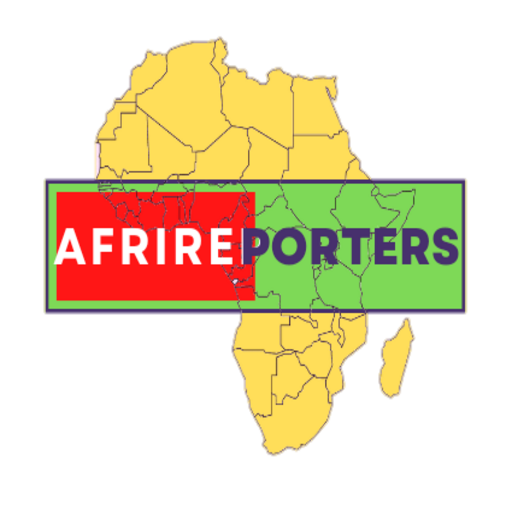
NDLEA Clarifies Position on Cannabis Oil: Supports Regulated Export, Rejects Local Use
T
The Chairman and Chief Executive Officer of the National Drug Law Enforcement Agency (NDLEA), Brig. Gen. Mohamed Buba Marwa (Retd.), has stated that the Agency is not opposed to the controlled and regulated export of cannabis oil for medicinal and industrial use abroad but remains firmly against its local consumption within Nigeria.
Marwa made the clarification during a stakeholders’ workshop themed “Cannabis Oil Debate: The Path Forward for Nigeria”, organized by the Nigerian Academy of Science (NAS) on Wednesday, October 8, 2025, in Abuja.
According to him, while NDLEA supports scientific inquiry and innovation, the Agency insists on caution and evidence-based decision-making.
“At NDLEA, our position on cannabis oil is simple — we welcome dialogue. Nigeria must make informed choices, not ones driven by commercial interests or global trends. Cannabis oil may have medicinal value, but it also poses health risks and potential for misuse. Policy must protect lives, safeguard public health, and strengthen—not weaken—our fight against drug abuse,” Marwa said.
He added that the Agency would only support strictly controlled exports to countries and companies that legally demand it, emphasizing that such operations must be licensed, monitored, and restricted to export free zones.
Marwa explained that the ongoing public discourse was vital because cannabis “is not just another plant,” but a substance with complex medical, social, and economic dimensions. He noted that much of the global narrative highlights its benefits while downplaying the dangers, which include mental health disorders such as anxiety, depression, psychosis, and addiction.
Quoting the 2018 national drug use survey, he warned that Nigeria’s 14.4% substance abuse prevalence rate—more than double the global average—shows why any policy shift must be approached with “sobriety, clarity, and balance.”
The NDLEA boss further disclosed that the Agency had, in 2023, introduced an Alternative Development Project — the first of its kind in Africa — to reduce communities’ dependence on illicit drug cultivation by promoting skills acquisition, empowerment, and sustainable livelihoods.
“We intend to reduce vulnerabilities caused by ignorance, poverty, and unemployment that push people into drug-related activities,” he said.
In his remarks, Prof. Abubakar Sambo, President of the Nigerian Academy of Science (NAS) (represented by Vice President, Prof. Friday Okonofua), said the workshop sought to establish an evidence-based consensus on cannabis oil use in Nigeria.
Chairman of the NAS Study Committee on Cannabis Oil Use, Prof. Musbau Akanbi, commended NDLEA for its proactive approach, noting that legalising cannabis oil would inevitably lead to large-scale cannabis cultivation — a development that demands scientific and policy guidance.
Representing Ondo State Governor, Dr. Samuel Adekola praised the initiative, saying the workshop provided an opportunity for Nigeria to move from “debate to design, and from potential to policy.”
Delivering the keynote address, Prof. Oye Gureje, Director of the WHO Collaborating Centre for Research and Training in Mental Health, Neurosciences, and Substance Abuse, University of Ibadan, said scientific evidence indicates that cannabis has “some limited medical use,” but warned that unregulated recreational use could increase risks of psychosis and public health issues such as road accidents.
The event brought together scientists, policymakers, and stakeholders from various sectors to chart a responsible path for cannabis oil regulation in Nigeria.




















